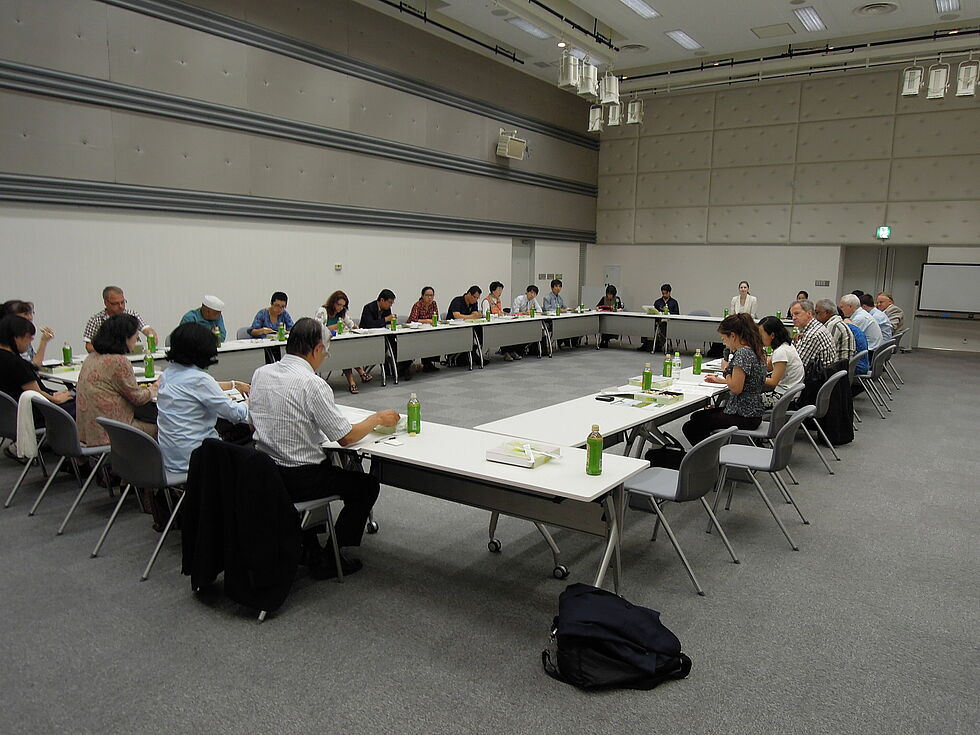International Conference: Building a New Paradigm on Energy
The goal is to contribute to shaping social democratic energy policy, draw observations and provide recommendations from the Fukushima experience, draw lessons from successful nuclear phase-out programs and renewable energy models, and strategize energy security agenda.
Date: 21-24 July, 2013
Place:Tokyo, Fukushima (Field visits and roundtable discussion on 22 July)
Closed conference No registration
Language: English and Japanese
Organized by: Network of Social Democracy in Asia (SOCDEM), Friedrich-Ebert-Stiftung (FES), Olof Palme International Center
Report
Delegates from South East Asian, North East Asian and South Asian countries as well as from Europe gathered in Tokyo to discuss the future of energy politics in industrialized and industrializing countries. Participants included Upper House member and president of the Social Democratic Party of Japan, Mizuho Fukushima, Lower House member and leader of a trans-party coalition of Diet members advocating a phase-out of nuclear power, Tomoko Abe, Lower House member Shoichi Kondo (DPJ), Jo Leinen, member of the European Parliament and further members of the national parliaments of Japan, The Republic of Korea, Malaysia, Indonesia, and Sweden as well as academics and NGO activists from these countries. The presentations dealt with the possibilities of renewable energies and the obstacles preventing an increase of renewable energy in East, Southeast and South Asian countries. Although the nuclear disaster in Fukushima came as a shock to all of these countries, the trend is still towards an expansion of nuclear power. In many countries, this is seen as the only way to deal with still growing economies. Economic considerations usually receive priority over security concerns, which is why anti-nuclear camps are struggling to expand their influence. The obstacles identified in all countries were of similar character and thus Former Prime Minister of Korea, Myeong-sook Han emphasized the need for cooperation on the transnational level and the creation of a "Cooperative Structure for Energy in East Asia."



